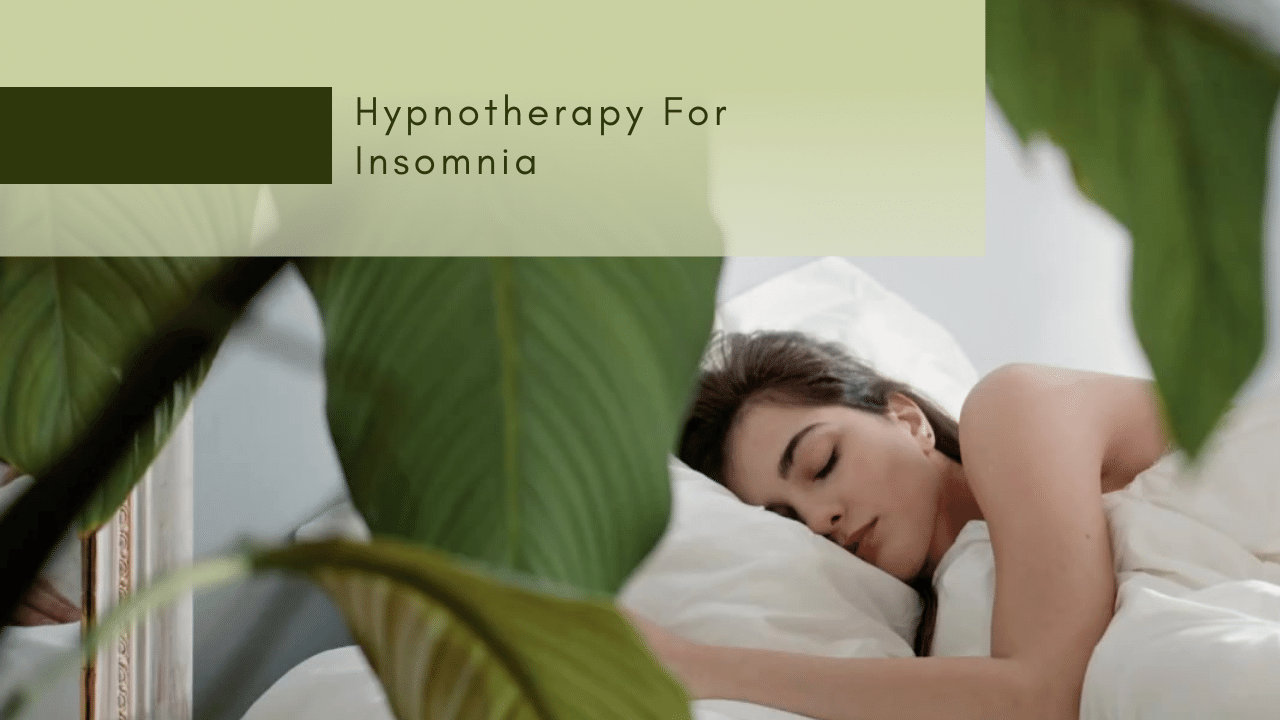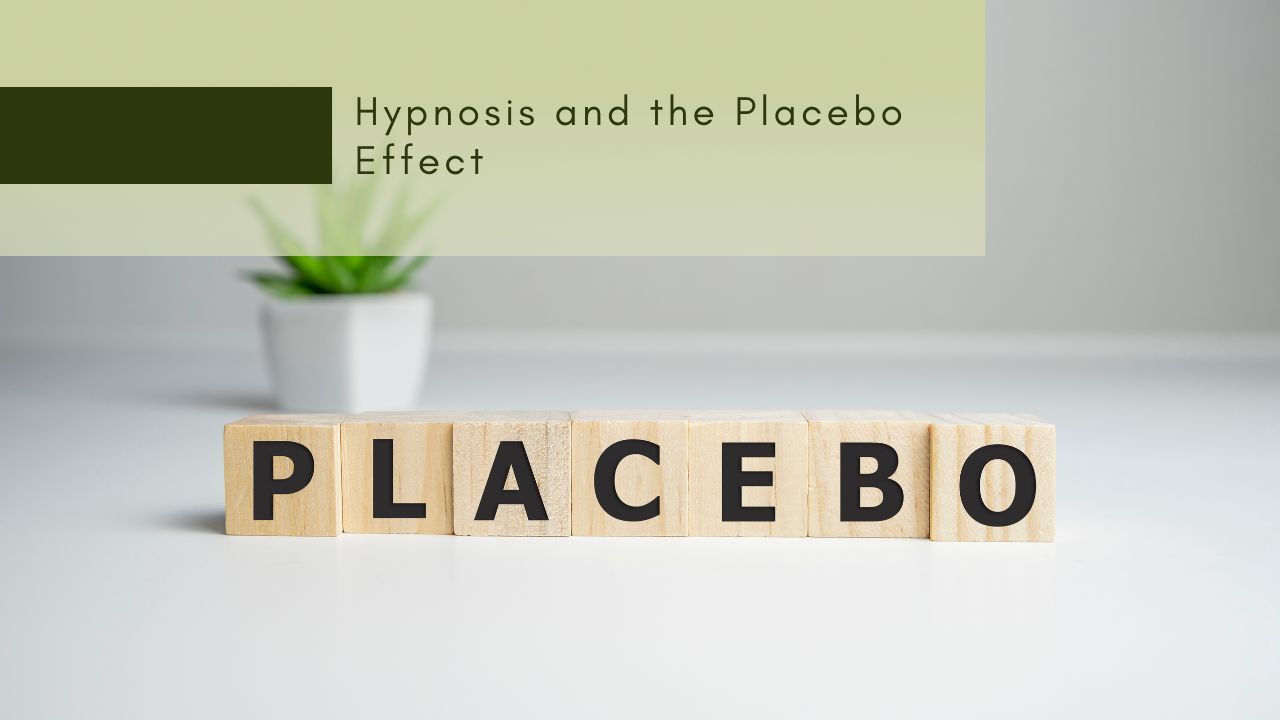Defying the grip of insomnia with hypnotherapy? Physiology Today presents compelling evidence pointing towards its efficacy. Studies reveal that both short-term (acute) and long-term (chronic) insomniacs respond favorably to hypnotherapy. Remarkably, one study crowned hypnotherapy as the queen technique in assisting participants to slide into the realm of sleep seamlessly.
Hypnotherapy carves the pathway to sleep by identifying and dismantling harmful thinking patterns, unveiling the root cause of insomnia, and guiding you towards deeper and more revitalizing sleep.
A Closer Look at Hypnotherapy for Insomnia
Curious about the process? Contrary to popular belief, the goal of sleep hypnosis isn’t dozing off during the session. Instead, it’s about reshaping adverse thoughts and habits related to sleep, resulting in improved sleep once the session concludes.
Hypnosis for sleep often companions with other therapeutic modes. For instance, it can partner with cognitive behavioural therapy (CBT) for insomnia, which reframes destructive sleep-related thoughts. Additionally, sleep hypnosis could steer improvements in sleep hygiene, promoting healthier sleep routines.
Hypnotherapy: An Age-friendly Approach
Is hypnotherapy a one-size-fits-all approach? Research affirms its effectiveness among school-aged children and adults. Childhood insomnia is often tangled with fearful and negative thinking. Thus, addressing these foreboding thoughts along with hypnosis amplifies its effectiveness.
Hypnotherapy and Medications: Can They Go Hand in Hand?
On medication and considering hypnotherapy? You can absolutely follow your usual medication regimen alongside hypnotherapy. However, it’s important to plan any medication discontinuation in close coordination with your hypnotherapist and medical provider.
Side Effects of Hypnotherapy: What to Expect?
Hypnosis isn’t a magic wand that works for all. Some people may struggle to tap into the required dream-like state, diminishing the etreatment’s effectiveness. In rare instances, hypnotherapy can trigger side effects such as anxiety, headaches, dizziness, and drowsiness.
When administered by trained professionals, hypnosis is generally safe. However, it’s advised that individuals suffering from serious mental disorders such as hallucinations, delusions, substance misuse, and schizophrenia avoid hypnotherapy.
As a thumb rule, always discuss your medical history with your hypnotherapist before hopping onto the hypnotherapy journey.




